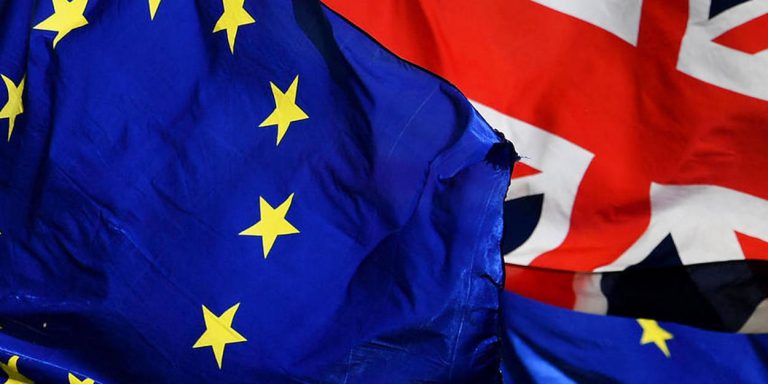
BREXIT: WHEN CLONING SAVES EUROPEAN TRADEMARKS
Olivier Marcombes has written an article on the consequences of Brexit on European trademarks, which was published in the newspaper Les Echos.
Opinion | Brexit: when cloning saves European trademarks
Although uncertainty reigns at the moment as to when Brexit will take place, trademark law is a field in which the British legislator has left nothing to chance.
The decision by British citizens that the United Kingdom should leave the European Union (EU) has caused a degree of alarm among lawyers in the Member States. Will European trademarks still be effective on British territory? The question has been rapidly settled, in concertation with the institutions of the EU and the government of the United Kingdom. The various possible scenarios seem to have been envisioned, and the appropriate legal provisions adopted by the British authorities: in the case of a “deal” or a “no-deal”, legal security would appear assured.
One thing is clear: whether or not a negotiated exit is concluded with the European Union, the provisions concerning trademarks and designs will remain similar. The difference depends above all on the date at which the changeover will take place. The time limit for discussion between the United Kingdom and the European Union has been extended until 31 October 2019. If no agreement is reached, the United Kingdom will leave the EU as of 1st November. On the other hand, in case of an agreement, this passage will, in principle, occur on 31 December 2020.
Cloning in the interest of legal security
In neither case will there be a legal vacuum for trademarks and designs: although European titles will indeed cease to take effect in the United Kingdom, they will be directly “cloned” in the national register. In other words, the European titles will be duplicated and the clones will have effect only on that territory, in contrast to EU trademarks, which will then cover just the 27 remaining States. The clone will maintain all the characteristics of the European trademark: in particular its original date of filing and therefore its priority, and the goods and/or services to which it is directed. In reality, there will then be two trademarks that are totally independent from each other, but identical, when previously there existed only one.
The same will apply for “international trademarks” based on the Madrid system (or international trademark system). This system provides international protection based on a single trademark application filed at the World Intellectual Property Organization (WIPO). The idea is to create a “shell” to accommodate several states. It is thus possible to designate therein a European trademark. The United Kingdom IP Office (“UKIPO”) will therefore clone that European designation under an international trademark, which will henceforth be a British national trademark, without any link with the international trademark.
One clone, two renewals
These two cloning scenarios lead to the same result: the independent existence of two titles, the British national trademark, on the one hand, and the European trademark or international trademark designating the EU, on the other hand. Although the exit of the United Kingdom will not therefore lead to any immediate difficulty, the trademark holder will however need to show great vigilance in the future.
The holder of an EU trademark will own two titles after Brexit: a European Union title covering 27 countries, and a British title. The trademarks will require renewal every ten years, and it will then be necessary to renew both titles. In practice, the impact will be dual: it will be necessary to take into account the existence of the second title administratively, and to pay a renewal fee for both.
Risks linked to renewal
In terms of risk, the holder who omits to renew the clone of a trademark will lose their protection in the United Kingdom. If a (negligent) entrepreneur conducts activity under that trademark in the United Kingdom, they will become vulnerable in two respects: they will lose both the possibility of attacking a third party for infringement on the basis of the trademark, and will also lose a means of defense in case of a claim by a third party to the use of the mark at issue.
A further case calls for prudence: agreements involving trademark licenses. The use of a trademark by a British third party is usually dependent upon a license agreement, based on the existence of a trademark. Given that the European trademark will cease to have effect in the United Kingdom, it could be necessary for right-holders to review their licenses, in order to base them on a new British clone rather than on a European trademark. Here too, in case of omission in renewal, the entrepreneur who bases their activity or agreement on the existence of that trademark will run the risk of having the licensee turn against them.
